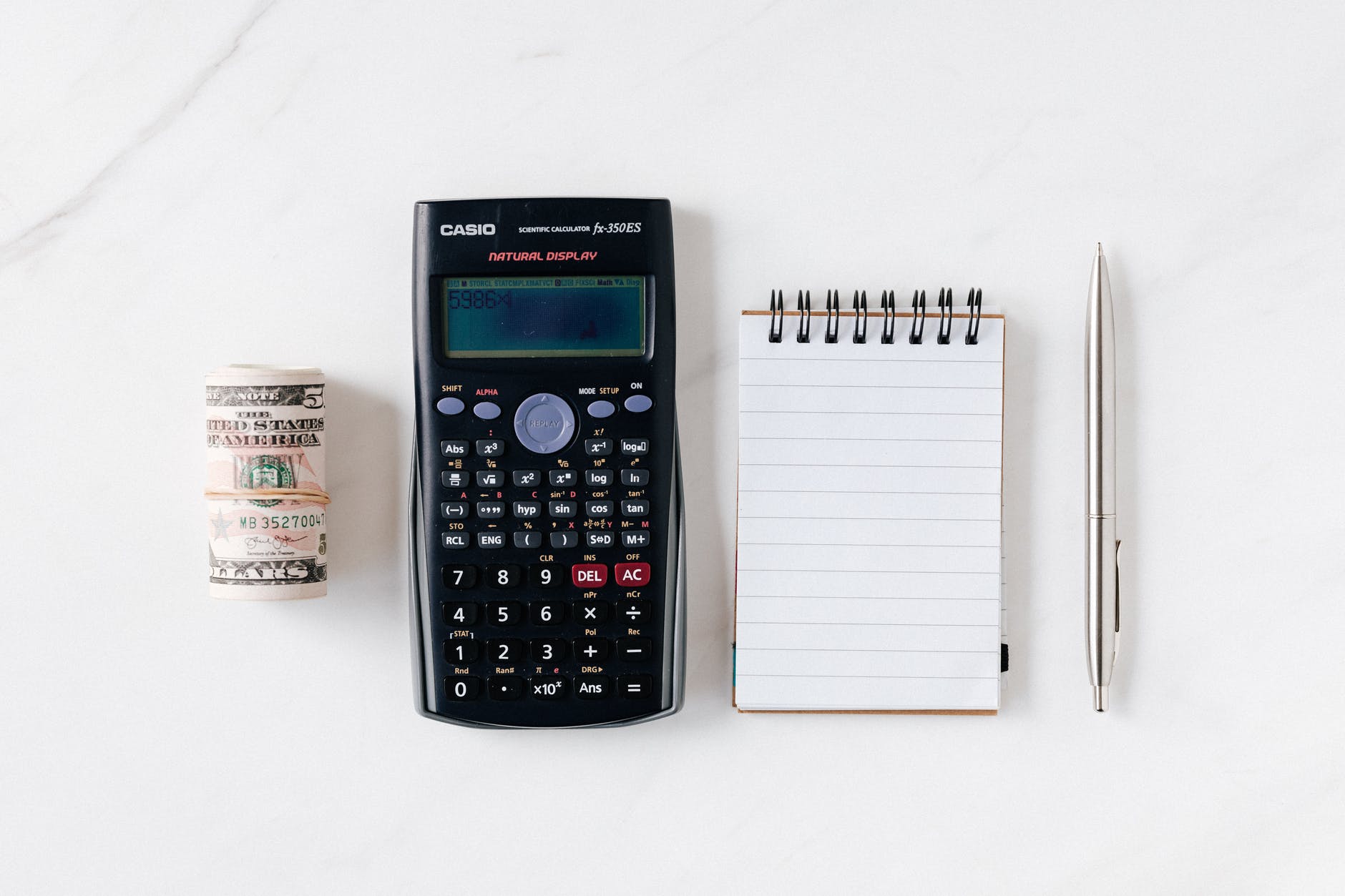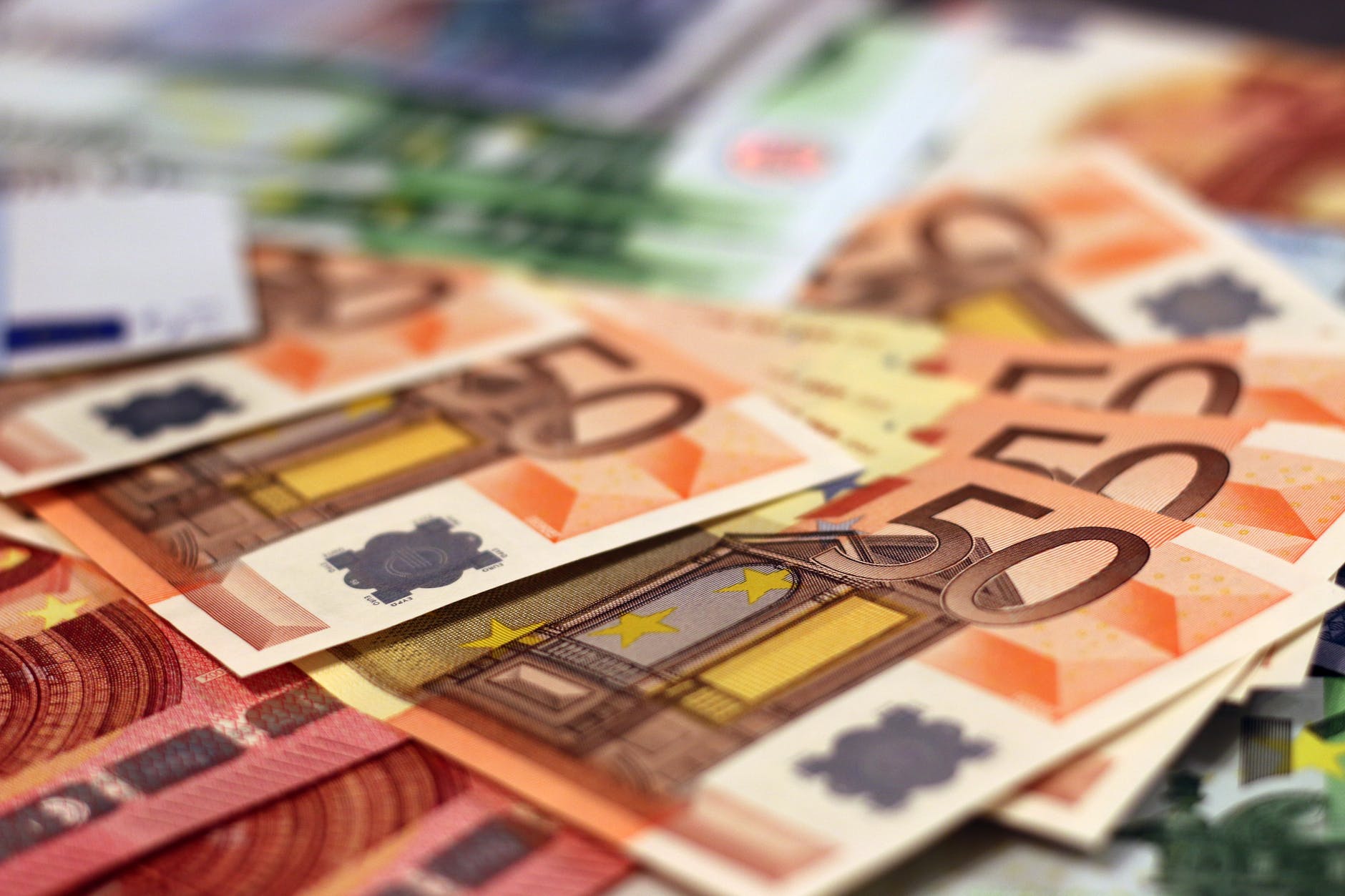Definition of Economy?

An economy is a broad collection of interconnected production, consumption, and trade activities that help determine how scarce resources are distributed. The production, consumption, and distribution of products and services are utilised to meet the requirements of persons who live and work in an economy, also known as an economic system.
Economies: An Overview
An economy is defined as all activity in a given region that is connected to the production, consumption, and trade of commodities and services. These choices are determined via a combination of market transactions and hierarchical or communal decision-making. This process involves everyone from people to institutions such as families, companies, and governments. The economy of a specific region or nation is influenced by a variety of elements, including its culture, laws, history, and geography, among others, and it changes as a result of the participants’ decisions and actions. As a result, no two economies are the same.
Economies and their Types
Individuals and companies in market-based economies are allowed to freely exchange commodities based on supply and demand. The US is mostly a market economy, with customers and producers deciding what is sold and produced. Consumers own what they purchase and determine how much they’re prepared to pay, but producers own what they make and set their own pricing.
The rules of supply and demand determine pricing and total production based on these decisions. Prices tend to rise as consumer demand for a particular item rises, since people are ready to pay more for that commodity. As a result, because producers are motivated by profit, production tends to rise to meet demand. As a result, a market economy has a natural inclination to balance. As demand drives up prices in one area of a business, the money and personnel required to meet that need transfer to the locations where they’re needed.

Because there is always some government interference or central planning, pure market economies are uncommon. Even the United States of America may be classified as a mixed economy. The government provides regulations, public education, and social security benefits to fill up the gaps left by a market economy and help restore equilibrium. As a result, the phrase “market economy” now refers to a more market-oriented economy in general.
The pricing and distribution of products are controlled by a central political actor in command-based economies. Because this system is centrally managed, supply and demand cannot play out organically, resulting in frequent imbalances.
Researching Economies
Economics is the study of economies and the variables that influence them. Microeconomics and macroeconomics are the two primary areas of concentration in the subject of economics.
Microeconomics is the study of individual and company behaviour in order to determine why they make certain economic decisions and how those actions influence the wider economy. Microeconomics is the study of why different things have varying values and how people coordinate and collaborate with one another. Microeconomics focuses on economic trends, such as how individual choices and behaviours affect production changes.
Macroeconomics, on the other hand, looks at the overall economy and focuses on big decisions and concerns. Macroeconomics is the study of elements that affect the whole economy, such as the impact of rising prices or inflation on the economy. Macroeconomics also considers the rate of economic growth, or GDP, which measures the total quantity of goods and services generated in a given country. Unemployment and national income changes are also examined. In a nutshell, macroeconomics is the study of how the entire economy functions.
The Origins of the Economic Concept
The word economics comes from the Greek word economia, which meaning “home management.” Although ancient Greek thinkers, including Aristotle, discussed economics, the modern study of economics emerged in 18th century Europe, mainly in Scotland and France.
Adam Smith, a Scottish philosopher and economist who produced the renowned economic treatise The Wealth of Nations in 1776, was regarded as a moral philosopher in his own day.
He and his peers thought that economies progressed from prehistoric bartering systems to money-driven and finally credit-based ones.
Technology and the expansion of international trade strengthened international links during the nineteenth century, a development that increased during the Great Depression and World War II. After 50 years of Cold War, the late twentieth and early twenty-first centuries saw a resurgence of economic globalisation.
He and his peers thought that economies progressed from prehistoric bartering systems to money-driven and finally credit-based ones.
Technology and the expansion of international trade strengthened international links during the nineteenth century, a development that increased during the Great Depression and World War II. After 50 years of Cold War, the late twentieth and early twenty-first centuries saw a resurgence of economic globalisation.




